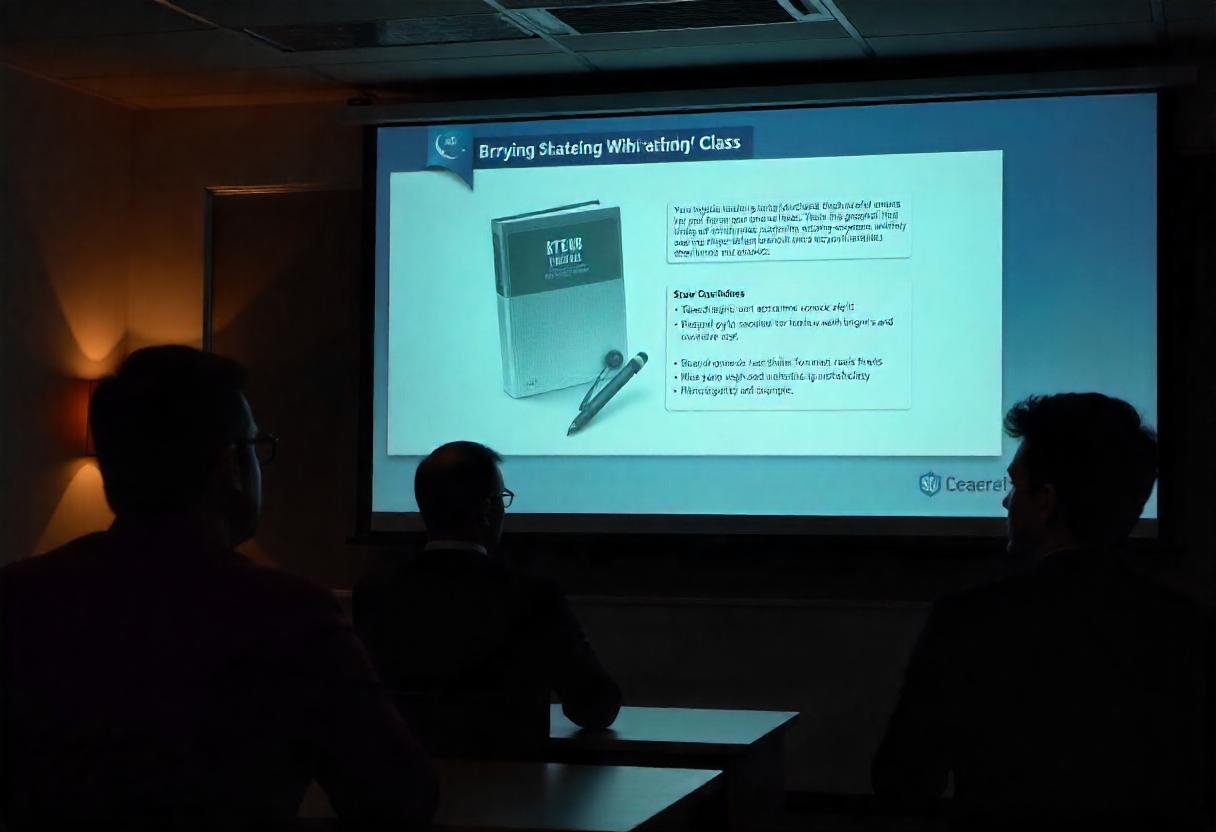
Your personal statement is your opportunity to speak directly to university admissions help officers, allowing them to see beyond your grades and test scores. This crucial document can make or break your application, especially when applying to competitive programs. A well-crafted personal statement showcases your personality, academic interests, and unique experiences while demonstrating why you’re an ideal candidate for the course.
To begin, it’s essential to understand what admissions tutors are looking for. They want to see evidence of your passion for the subject, your ability to think critically, and how your experiences have shaped your academic goals. Whether you’re applying for medicine, engineering, literature, or any other discipline, your statement should reflect genuine enthusiasm and a clear sense of purpose.
One of the biggest mistakes students make is writing a generic statement that could apply to any applicant. Avoid clichés like “I’ve always loved science since I was a child” unless you can back it up with meaningful examples. Instead, focus on specific moments that ignited your interest—perhaps a book, a research project, or a real-world problem that inspired you to pursue this field.
Structure is key to a compelling personal statement. Start with a strong opening that grabs attention, such as an anecdote, a thought-provoking question, or a vivid description of a pivotal experience. The body of your statement should then elaborate on your academic journey, relevant extracurricular activities, and any work experience or volunteering that has contributed to your growth. Be sure to highlight skills that are valuable in your chosen field, such as problem-solving, teamwork, or independent research.
Admissions tutors also appreciate applicants who demonstrate intellectual curiosity beyond the classroom. Mention any additional reading, online courses, or competitions you’ve participated in. If you’ve faced challenges—academic or personal—showing how you overcame them can add depth to your statement. However, keep the tone positive and forward-looking rather than dwelling on difficulties.
Finally, your conclusion should tie everything together, reinforcing why you’re excited about the course and how it aligns with your future aspirations. Avoid vague statements like “I hope to make a difference”; instead, be specific about your goals, whether it’s conducting research, entering a particular profession, or addressing a global issue.
Before submitting, proofread meticulously—spelling and grammar errors can undermine an otherwise strong application. Ask teachers, mentors, or family members to review your statement for clarity and impact. With careful planning and genuine reflection, your personal statement can become a powerful tool in securing your place at your dream university.


